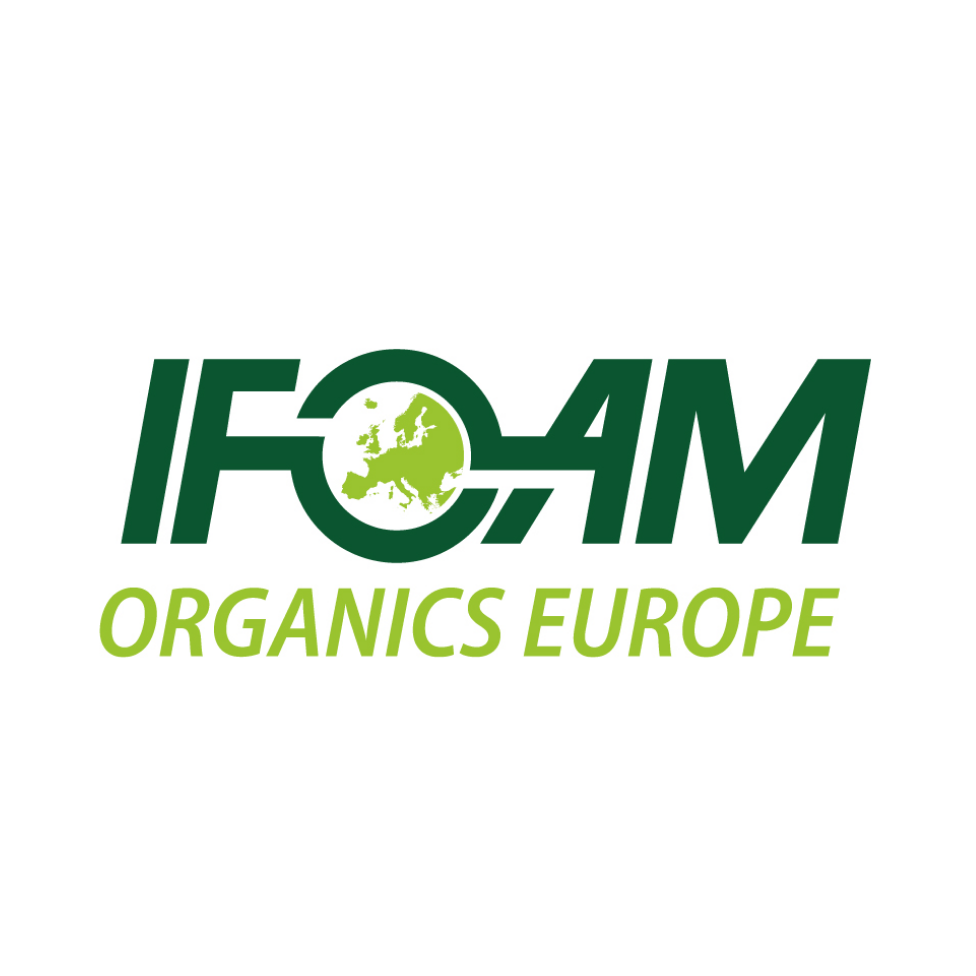
IFOAM Organics Europe has led a participatory vision and strategy process to prepare the movement to proactively face the future.
"As organic moves beyond a niche, the organic movement needs to take stock of what organic has become and what the future holds for us all. The movement needs to be prepared to cope with future political developments, environmental challenges and market trends."
Throwback to our 2-day staff excursion w/visits to organic farms & companies 🇧🇪🤩 which left us inspired & empowered, ready to stand for every organic farmer and retailer, to share & promote their inspiring stories & to continue #MakingEuropeMoreOrganic🌱
🤓 pic.twitter.com/BvLYsPn1xL— IFOAM Organics Europe (@OrganicsEurope) December 1, 2023
- IFOAM Organics Europe serves as a leader in promoting and advancing ethical sustainable agricultural practices. By shaping the future of organic agriculture, the organization contributes to building resilient, environmentally friendly, and socially responsible food systems that benefit local communities.
- The organization plays a crucial role in advocating for and implementing environmentally sustainable farming methods. This emphasis on sustainable and organic agriculture helps protect local ecosystems, soil health, and water quality, ensuring a healthier environment for communities.
- IFOAM Organics Europe's commitment to organic agriculture aligns with the principles of producing food without synthetic pesticides and chemicals. This emphasis on organic practices contributes to improved food quality, promoting public health and well-being within communities.
- By championing organic agriculture, IFOAM Organics Europe supports local farmers and businesses. Organic farming practices often involve local production and distribution, contributing to the economic vitality of communities by creating jobs and sustaining local economies.
- The organization engages in educational initiatives that raise awareness about the benefits of organic agriculture. These efforts empower communities with knowledge about sustainable farming practices, encouraging informed choices and promoting a deeper understanding of the food production process.
- IFOAM Organics Europe's focus on organic agriculture ensures that communities have access to food produced without synthetic pesticides and fertilizers. Organic farming practices often result in nutrient-rich produce, contributing to healthier diets and overall well-being.
- The emphasis on organic and sustainable farming practices helps build environmental resilience in communities. Organic agriculture supports biodiversity, reduces pollution, and enhances soil fertility, contributing to the long-term health and resilience of local ecosystems.
- IFOAM Organics Europe's efforts in shaping the future of organic agriculture contribute to preserving cultural and agricultural heritage. Many traditional farming methods align with organic practices, and by promoting these approaches, the organization helps safeguard local traditions and knowledge.
- The organization empowers communities by promoting organic farming methods that are often more accessible to small-scale and local farmers. This empowerment creates opportunities for community members to engage in sustainable agriculture and benefit from the economic and environmental advantages it offers.
- Organic agriculture has been shown to have lower carbon footprints compared to conventional farming. By promoting organic practices, IFOAM Organics Europe indirectly contributes to climate change mitigation, which benefits communities by reducing the impact of agriculture on the climate.
- Support organic producers and products in your community. By choosing organic options, consumers create demand for sustainable and environmentally friendly agricultural practices, reinforcing the impact of IFOAM Organics Europe's initiatives.
- Stay informed about organic agriculture and advocate for policies that promote sustainable farming practices. Support educational initiatives that raise awareness about the benefits of organic food and farming within your community.
- Connect with local farmers who practice organic agriculture. Build relationships with farmers markets, community-supported agriculture (CSA) programs, and local food initiatives that prioritize organic and sustainable farming methods.
- Attend workshops, seminars, and events organized by IFOAM Organics Europe or similar organizations. Participating in these activities can deepen your understanding of sustainable farming practices and contribute to the dissemination of knowledge within your community.
- Advocate for policies at local, regional, and national levels that support organic and sustainable agriculture. Engage with policymakers to promote regulations that incentivize environmentally friendly farming practices and ensure the well-being of local communities.
- Consider making financial contributions to IFOAM Organics Europe or similar organizations. Donations support ongoing initiatives, research, and educational programs that contribute to the advancement of organic agriculture and sustainable food systems.
- Use social media and community networks to spread awareness about the benefits of organic agriculture. Sharing information about the positive impacts of sustainable farming practices can inspire others to support and engage in organic initiatives.
By actively supporting IFOAM Organics Europe, individuals and communities can contribute to the advancement of sustainable and organic agriculture, fostering healthier environments, promoting community well-being, and shaping a more ethical sustainable future for agriculture and food systems.